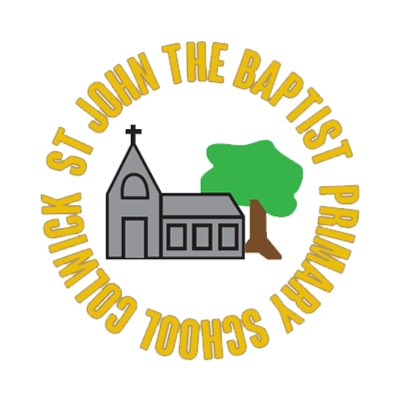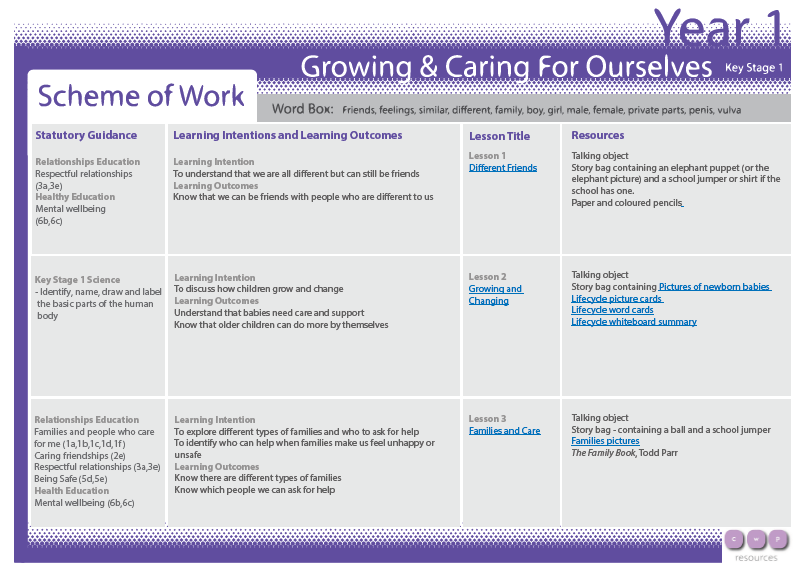Class 1
WELCOME TO CLASS 1 2023-24!
Moving up to class 1 the children can fully immerse themselves in the National Curriculum by engaging in a selection of interesting subjects. In class 1, children are given the opportunity to develop their independence further. The enhanced provision and exploration element is present with a balance of structured-based learning. The children will be excited by the amount of knowledge they can gain during their time in class 1.
Summer Term Learning:
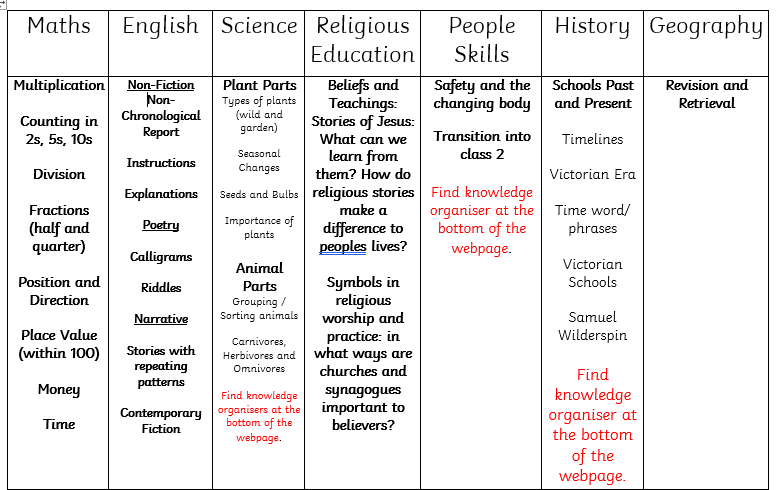
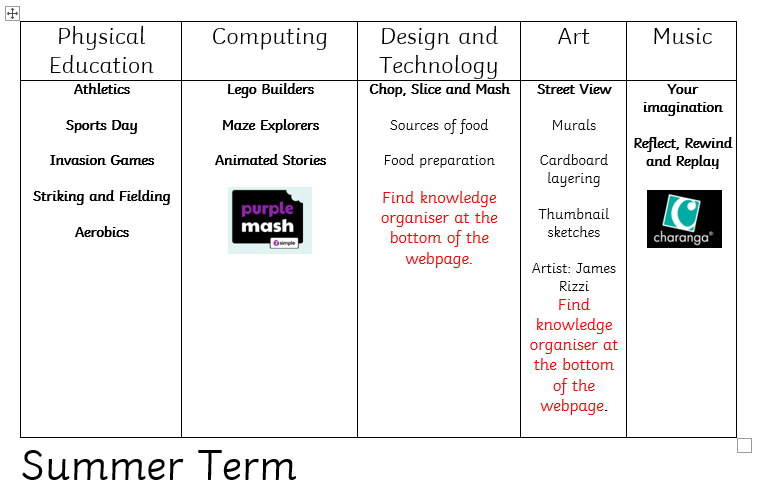
English
This term children will be exploring a variety of different text types. Non-chronological reports based on nocturnal animals and another non-chronological report based on Seasons. Calligram poetry, whereby children will create their own based on a theme. The children will be asked to write a narrative based on farm animals, including repetitive patterns. They will get the chance to put their imagination to good use by creating a fantasy story. They will have the opportunity to create instructions based on how to grow a plant and then an explanation text to give top tips on how to look after the plant. Finally, the children will have some fun creating their own riddles.
Throughout the whole year, children will be practicing their super sentences by using capital letters, using correct punctuation and showcasing their best handwriting. Don't forget our finger spaces!
Maths
The maths units this term are broad and there is lots to explore in maths. Starting with their counting in 2s, 5s and 10s. The children will explore multiplication with the help of making groups. Children will look at division with the help of sharing out. Fractions, specifically 1/2 (half) and 1/4 (quarter) will be explored. The fractions will link nicely to our volume learning - we will get the water out again to support this concept as well as using a variety of manipulatives. Position and direction will be covered and time, money and place value within 100. A vast amount of our maths learning includes the use of practical resources to aid their learning.
Religious Education
Parables will be explored. The children will be given the opportunity to discuss, retell and question the stories as well as make links to the Christian Values and other stories. Some stories we will find out about are Zacchaeus, The Lost Coin, Feeding the 5000 and Jesus calming the storm. Later on in the summer term, children will learn about symbols in religious worship and practice and the importance of synagogues and churches to individuals.
People Skills
Children will learn about being and keeping safe through interactions they encounter and the challenges they pursue. They will learn about people who keep them safe. They will learn about emergency procedures, such as making an emergency call. The unit will explore what is safe to put in and on our bodies and how to stay safe at home.
Family Week: As part of our People Skills curriculum, we teach children in each year group a comprehensive and inclusive Relationship, Sex and Health Education Programme, which complements our Christian values. The focus of this learning will take place during Family Week (TBC), where children in Year 1 will be taught the following, in line with DfE statutory guidance:
Science
Summer 1: In the Plant Parts project, your child will learn that plants are living things that grow from seeds or bulbs. They will revisit the concept of seasonal change, observing how trees and other plants change with the seasons, particularly from winter to spring. Your child will observe, photograph and identify various plants growing in and around the school grounds. They will choose one plant they would like to study for the project's duration. They will continue their learning by learning the parts of plants. They will explore where new plants come from and learn the names of some plants that grow from seeds and bulbs. Your child will learn about the parts of leaves, making comparisons. They will ask and answer scientific questions about the importance of plants to animals, including humans. They will observe how their chosen plant has changed over time and record their findings.
Summer 2: In the Animal Parts project, your child will learn that animals, including humans, can be sorted into six groups: amphibians, birds, fish, invertebrates, mammals and reptiles. They will learn that different animal groups have similar and different body parts and the purposes of these body parts. They will sort animals into the six animal groups based on characteristics. They will complete Carroll diagrams, sorting picture cards of animals according to given and chosen criteria. They will learn about pets and how they are cared for and identify the animal group for each. They will complete a class block graph by recording which pet they prefer, then interpret the classes' results to learn which pets are the most and least popular. They will discuss what different animals eat, using the terms 'carnivore', 'herbivore' and 'omnivore', and observe the characteristic features of different animals that belong to these groups by examining their teeth and eye positions. They will complete Venn diagrams, identifying animals that are carnivores, herbivores and omnivores. Children will observe an invertebrate for a short period and then ask scientific questions about the animal and research to find the answers. They will complete their learning by observing earthworms to learn about their body parts, diets, and senses and compare earthworms to other animals learned about during the project.
History
In the School Days project, your child will have the opportunity to take part in a traditional Victorian class and will learn about the differences between schooling in the Victorian era and schooling today. They will learn about objects found in a Victorian classroom and how they were used. They will research Samuel Wilderspin, an important figure in the development of schooling for young children in the Victorian era, whose ideals are reflected in schooling today. They will learn to describe the passage of time through study of past, present and future tense vocabulary.
Art
This project teaches children about artwork depicting streets and buildings and focuses on the work of the American pop artist, James Rizzi. They create a 3-D mural based on Rizzi's work.
Design and Technology
This project teaches children about sources of food and the preparatory skills of peeling, tearing, slicing, chopping, mashing and grating. They use this knowledge and techniques to design and make a supermarket sandwich according to specific design criteria.
Physical Education
Children will be learning a variety of skills in their Physical Education lessons. They will be partaking in athletics and team games. They will be doing sports hall athletics and even practicing for the school Sports Day!
Music
Children will be singing and exploring the notes 'A B G' on the Glockenspiel to create a composition. They will explore with their voices to sing, copy back and change their voices. They will revise pulse, rhythm & beat, rhythm & tempo. They will also continuously discuss and listen to music to identify genres, styles and what instruments they can identify.
Staffing
Monday, Tuesday, Thursday and Friday class teacher: Miss Wilcox
Wednesday (from 10:20) class teacher: Mrs Whitehouse
Mon/Tues/Wed (AM) teaching assistant for year 1/2: Mrs Stevenson.
Behaviour
We have Class Dojos. Class Dojos are little monsters that children can earn points for. Dojos can be given to children for doing what is expected throughout the day and also for doing at least 4x reads at home.
The ‘Good to be Green’ behaviour system is present across the school with children starting each morning on a green card. Gold cards are earned by going above and beyond what is expected in work, behaviour or attitude.
Platinum Cards are on the 'Good to be Green' behaviour system and are awarded for going above and beyond. If a child receives a Platinum award, they will receive a certificate during Thursday's celebration assembly. House points are awarded for Platinum Cards, and they will be displayed on the website's Platinum page.
Yellow cards are a warning for not behaving as expected and red cards will be given if this warning is not heeded. If your child receives a red card, you will be informed. The red cards are an opportunity to reflect on their behaviour.
Please see Relationship and Behaviour Support policy for more details.
A standard week in class one:
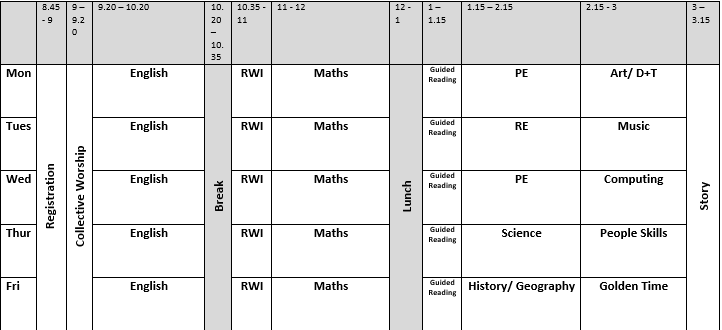
(The timetable is a standard week, however changes are sometimes made due to extra-curricular activities which happen from time to time).
Books
Library books/ books to share are changed every Monday.
Read, Write Inc Phonics Books are changed every Monday.
PE Days
Monday and Wednesday. Please can children come in PE kits ready for PE on these days.
Our next class collective worship: 20th June 2024 (may change, however, this is the date on the calendar at present. I will send out a text nearer the time).
